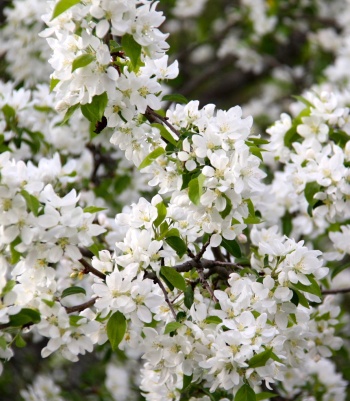Winning not Whining:
For Al
To be taken with a large pinch of salt.
Judgement by Committee:

The committee gathers and sorts through the evidence: whatever will they find? Piece by piece, they sift the data. Some take it to great heights and drop it on the rocks to see how fragile it is. Will it break like a clam or a mussel released at the sea-side? Others use the Christmas Cracker technique. For this you need two judges: each holds an end, and both tug as hard as they can. When the evidence rips apart, then the opinion of the one with the larger segment of the manuscript holds good. They take care to avoid the cracker-jack bang in case the item is explosive, but more often than not it is good, solid fodder for thought, endless thought, and the longer they think, the more the liquids flow and more good food goes down, and the more their camaraderie strengthens. Finally, when all the energy is spent and the manuscripts are reduced to tiny shreds, a winner appears. If the last fragment of evidence is still large enough to be read, this is then showcased and the winner is announced. That is why those precious manuscripts are never returned and that’s why competitors should always send a copy, because the original, especially when dropped from a great height or caught by the explosion of cracker-jack, might be lost in the tidal wave of anguish that sweeps the sea-shore clean.
“What is the definition of a camel?”
“It’s a horse designed by a committee.”
Anonymous, or Aristotle, I don’t know who said it first; but it’s very true. And manuscript selection by committee can bring about some interesting selections. On several occasions I have received the damning note: “We really liked this: but one person on the committee said they didn’t like how you used this word … (insert word in blank space after dots).”
Judgement by committee is judgement by consensus … and, as the TV game-show host so often repeats: “… And the survey says …”
There is only one way to deal with committee decisions in a writing competition: lots of laughter, a large pinch of salt, and water off a duck’s back.
Judgement by a single judge
This is probably much better than judgement by a married judge who will always pick his partner’s work, if it has been submitted. With only one judge circumstances change and the chances of winning operate under different rules. Imagine that one judge as a Great Blue Heron standing in tidal water, beak poised, incoming tide, and the manuscripts swimming past. Some swim too fast, some too slow; some are too heavy and sink to the bottom; some are too light and float to the top. But look, the judge is tense, the perfect manuscript at the perfect depth glistens silver beneath the surface then … swift jab of the judge’s beak and we have a winner … and the judge holds it aloft to glisten in the sunlight while the losers swim happily away to survive as honorable mentions or silent witnesses that can be entered in another competition on another, perhaps happier day, when they can be judged by a committee of Great Blue Herons.

It’s not always easy to be a good loser. However, as you swim freely away from the Great Blue Heron (GBH) remember you have avoided Grievous Bodily Harm (GBH) and that may be better than you think for: “It’s often good to not be a winner: you might end up as the judge’s dinner.”
And if you win? 
And if you win? Well, the judge (or the judges if you survived the survey), was very good, very intelligent, very hard-working, and just perfect; in fact, the very model of a wise old bird who knew just what it was looking for, and found it.
And as for the winner: “The winner, he was a wise old bird. The more he spoke, the less he heard. The less he spoke, the more he heard. There never was such a wise old bird.” (Anonymous or Aristotle)




















